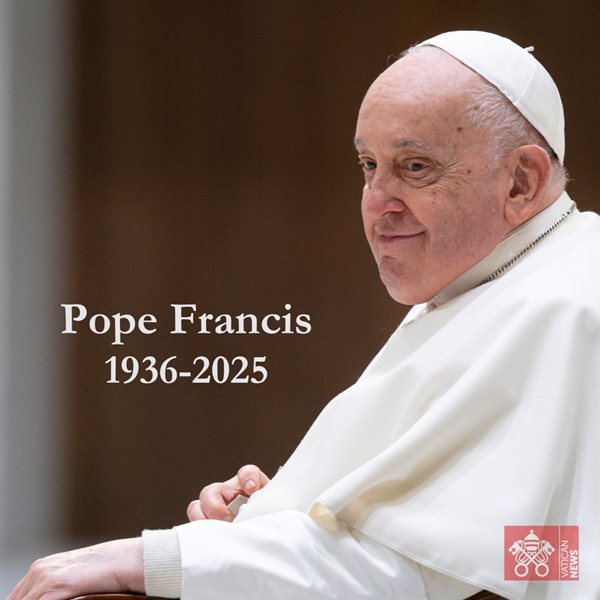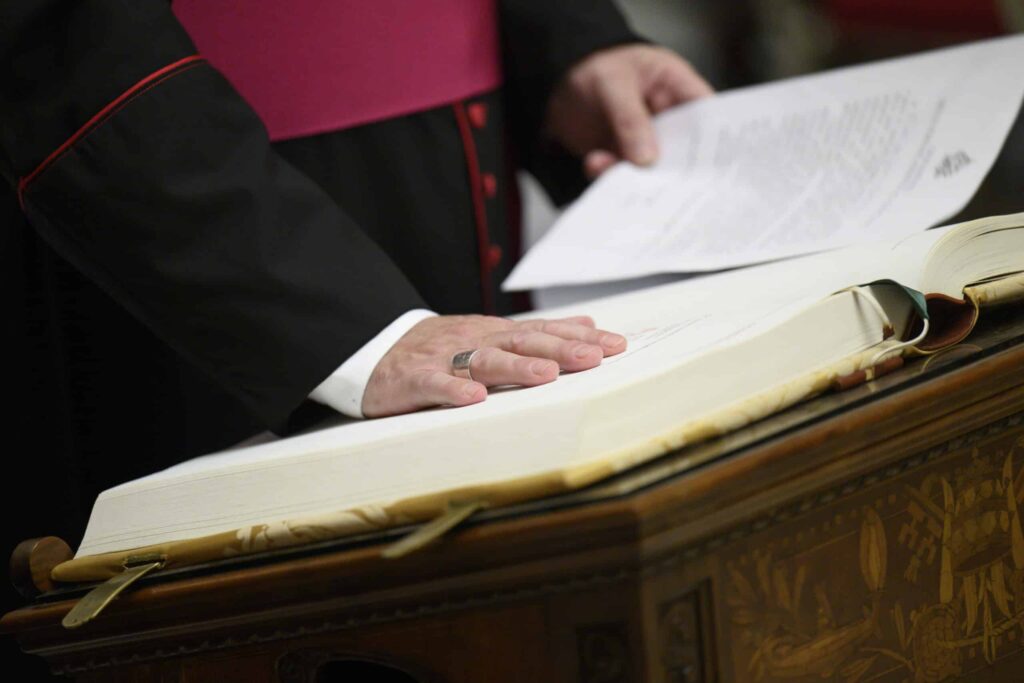The question of who will become the next Pope is one of great interest and importance not just to Catholics, but to people around the world who view the papacy as a global symbol of moral leadership, tradition, and influence. Although the selection of a new Pope is a highly secretive and spiritual process carried out by the College of Cardinals, there are ways to consider who the leading candidates might be and what qualities the next Pope is likely to embody.
The Role of the Pope
The Pope, officially known as the Bishop of Rome, is the leader of the worldwide Catholic Church and the sovereign of the Vatican City State. As the successor of Saint Peter, the Pope holds spiritual authority over more than a billion Catholics and plays a significant diplomatic and cultural role on the world stage. The papacy is both a religious office and a symbol of continuity in the Catholic tradition, even as it adapts to modern challenges.
Pope Francis and His Legacy

Pope Francis, elected in 2013, has been a transformative figure. As the first Pope from the Americas (Argentina) and the first Jesuit to hold the office, Francis brought a new tone to the Vatican—emphasizing humility, social justice, interfaith dialogue, environmental care, and mercy over doctrinal rigidity. Now in his late 80s and facing ongoing health challenges, there is growing speculation that his papacy may soon come to an end, either by resignation (as Pope Benedict XVI did) or death. The next Pope will likely be chosen with Francis’s legacy in mind.
Key Qualities in the Next Pope
When the College of Cardinals convenes in a conclave to elect a new Pope, they consider many factors:
- Geographic Representation: For centuries, Popes were almost exclusively European, especially Italian. But as the Catholic Church grows most rapidly in the Global South—particularly Africa, Latin America, and Asia—many believe the next Pope could come from one of these regions.
- Theological Orientation: The next Pope may either continue Pope Francis’s progressive tone or mark a return to a more conservative approach. Some cardinals may seek a “Francis II” to continue his reforms, while others may want a figure who reinforces traditional Catholic teachings.
- Leadership and Diplomacy: Given the Church’s role in international affairs, the next Pope must be a skilled communicator, politically astute, and capable of addressing crises such as declining Church attendance, the sexual abuse scandal, and global inequality.
Possible Candidates (Papal “Papabili”)
While the conclave process is confidential, some names are frequently mentioned as “papabili” (men considered to be possible future Popes):
- Cardinal Peter Turkson (Ghana) – A leading African cardinal known for his environmental advocacy and close alignment with Pope Francis’s priorities. His election would make him the first African Pope in over 1,500 years.
- Cardinal Luis Antonio Tagle (Philippines) – Young (in papal terms) and charismatic, Tagle is considered a bridge between cultures and has strong theological credentials. He is well-loved in Asia and has experience in the Vatican Curia.
- Cardinal Matteo Zuppi (Italy) – The current president of the Italian Bishops’ Conference and a moderate with ties to the Community of Sant’Egidio, Zuppi is known for peace-building efforts and pastoral care.
- Cardinal Christoph Schönborn (Austria) – A well-regarded theologian and editor of the Catechism of the Catholic Church, though his age (he is in his late 70s) may be a limiting factor.
- Cardinal Robert Sarah (Guinea) – A more conservative candidate who appeals to traditionalists within the Church. His strong views may contrast with Francis’s reformist tone.
Challenges Facing the Next Pope
Whoever the next Pope is, he will face immense challenges:
- Rebuilding Trust: The Church continues to face scrutiny over sexual abuse scandals and cover-ups. The next Pope must lead with transparency and compassion to restore credibility.
- Declining Faith in the West: Europe and North America have seen sharp drops in church attendance. The new Pope must find new ways to engage disillusioned Catholics and young people.
- Interreligious Tensions and War: In a world facing religious conflicts and humanitarian crises, the Pope’s voice as a moral leader must remain loud, credible, and compassionate.
- Internal Church Divisions: There is growing tension within the Church between conservative and progressive wings. The next Pope will need to unify rather than divide.
Conclusion
While it is impossible to predict exactly who the next Pope will be, we can expect the College of Cardinals to choose a man of deep faith, global awareness, and pastoral sensitivity. Whether from Africa, Asia, Europe, or Latin America, the next Pope will inherit a Church in transformation. His decisions and vision will not only shape the future of Catholicism but also influence broader global conversations on justice, peace, and human dignity.
